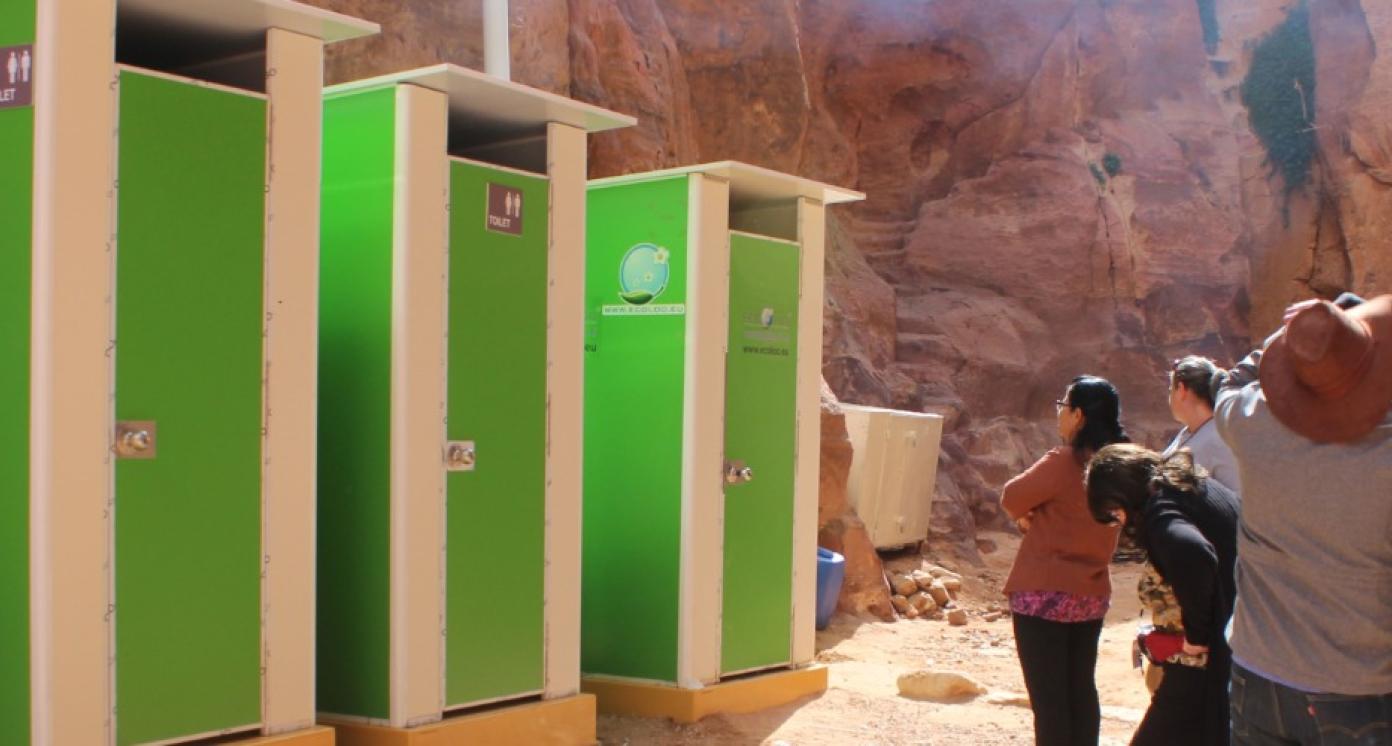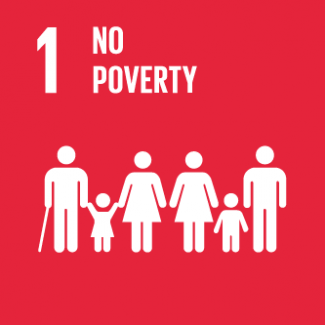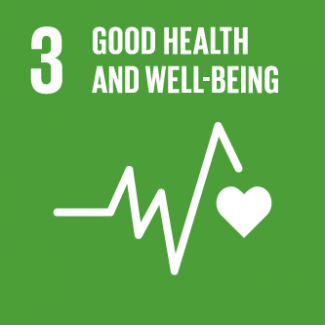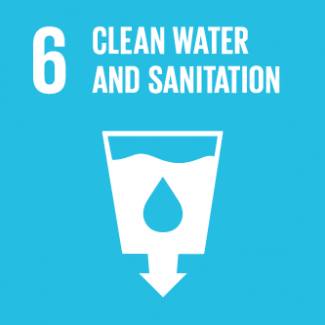Poor sanitation and a lack of sewage infrastructure in low-income communities exposes individuals to water borne diseases that kill thousands every single day. Every year, nearly 11 million children die before reaching their fifth birthday mostly from preventable causes. Another 300 million children suffer from illnesses caused by polluted water, poor nutrition and inadequate health services and care.
To help reverse these alarming statistics, ECOLOO, a Swedish innovation, has developed an innovative way to treat human waste by breaking down excreta into ashes and converting urine into organic liquid fertilizer that is pathogen free, yet rich with nutrients. In addition, ECOLOO’s toilets are environmentally friendly, odourless, waterless, sewage free, energy free and require low maintenance. The toilets do not require water for flushing while water can still be used for hygiene and cleaning purposes, which also overcomes the issue of water scarcity in dry, rural communities with uncertain rainfall.
Since 2013, ECOLOO has sold more than 3,000 toilets for use in disaster relief centres, refugee camps, urban slums and schools in Kenya, Uganda and Sierra Leone. The enterprise ensures local contexts are considered and adjusts prices to fit the market and people’s financial situations. ECOLOO has also generated jobs and improved livelihoods for those living at the Base of the Economic Pyramid (BoP) by introducing a franchise model that provides people with social innovation, business skills, character building and market building that help them generate their income successfully; an ECOLOO toilet can generate daily income through the organic fertilizer harnessed in the system. ECOLOO’s business and technical trainings are delivered in person by certified professional teams specializing in various skillsets and experience.
As part of its sustainability commitment, ECOLOO tailors its product to make it affordable for rural communities in Ghana and South Africa. To purchase a toilet, individuals pay 40% upfront and the remainder through monthly payments. By 2021, the enterprise seeks to bring the sustainable toilets to 1 million people in Ghana and South Africa, while also providing business or job opportunities to another 500,000 low-income earners, specifically targeting single mothers, farmers and youth in Southeast Asia.
This case study is sourced through the UNDP Business Call to Action (BCtA), whose members are confirmed to engage low-income people in core business, be commercially viable, be built for scale and to advance the SDGs, and are guided by the BCtA Code of Conduct. Learn more about the case study on the enterprise’s BCtA membership site.





















